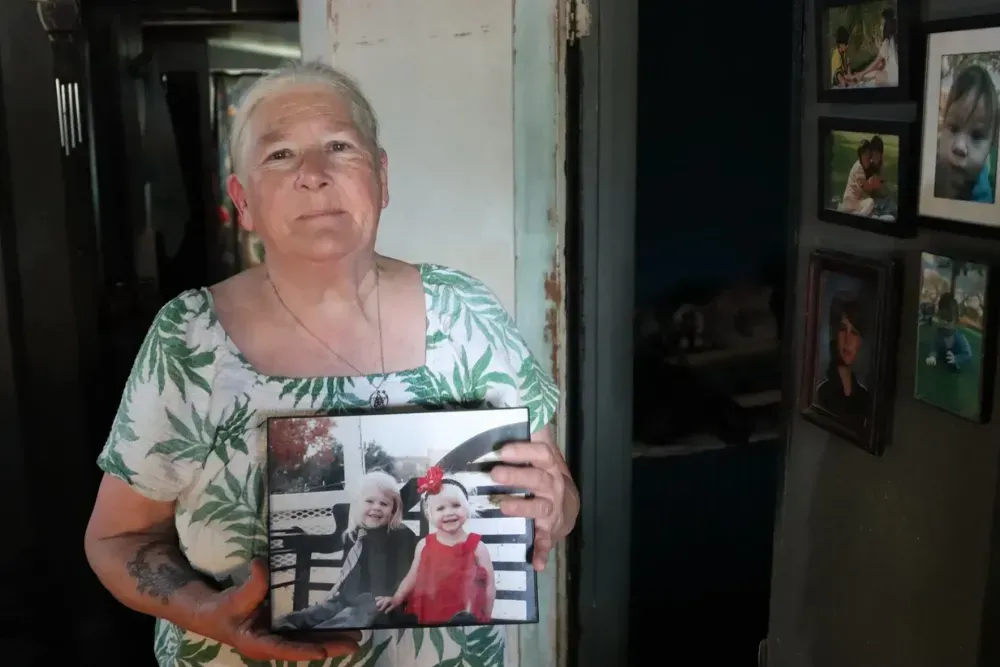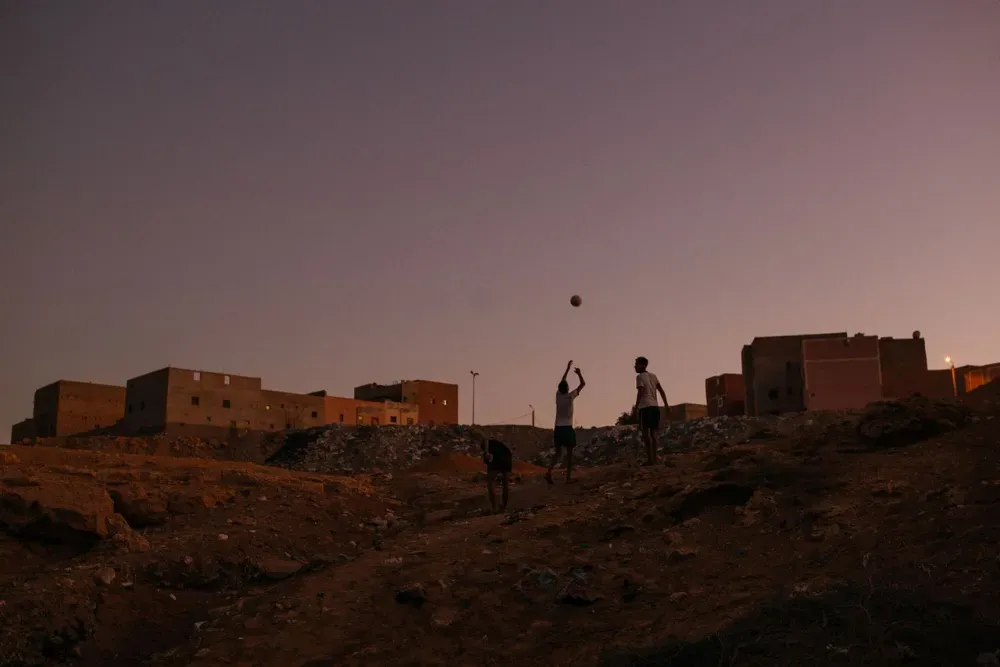
Read Essential Stories From Our Public Media Partners
Over the past two weeks, the Pulitzer Center has been speaking with candidates for the second cohort of our StoryReach U.S Fellowship, a network of local and regional journalists working to deepen community engagement and drive high-impact reporting across the United States.
These conversations have taken place against the backdrop of difficult news: Congress approved over $1 billion in cuts to public media, ending years of federal support for NPR, PBS, and local affiliates. While newsrooms are still assessing the fallout of these devastating cuts, experts warn they will disproportionately affect rural and underserved communities that already face barriers to accessing reliable information that is essential to their daily lives.
“We need a network to fight a network,” Pulitzer Center Executive Editor Marina Walker Guevara said of the threats to journalism after the result of last year’s elections.
In the face of new challenges, our U.S. public media partners are continuing to produce impactful journalism and embrace the power of network collaboration.
Many have reported on the human toll of the dismantling of USAID, the U.S. foreign aid further gutted by funding cuts. Through on-the-ground reporting from Kenya, Ghana, and Bangladesh, PBS NewsHour has been documenting the ripple effects on health, livelihoods, and security in communities left without American support.
Public media helps people interpret how global stories relate to their lives, like NPR and local affiliates’ reporting in The Children Left Behind in Global Health Cuts, which looks at how the loss of U.S. funding has disrupted health systems and endangered children’s lives in countries such as Nepal, Lesotho, Eswatini, and Guinea.
The reporting helps communities reckon with history and current injustices. For example, a project by Minnesota Public Radio exposes how Minnesota’s university system continues to profit from Indigenous lands taken generations ago.
Public media also exposes abuses of power and demands accountability, like Texas Public Radio’s recent investigation into child welfare failures in the wake of state neglect.
These stories are just a few examples of what public media makes possible. We hope you’ll take time to read and share them. The Pulitzer Center remains committed to supporting journalists and communities navigating increasingly difficult conditions around the world.
Best,
_0.png.webp?itok=nAWycrQr)
Impact
Columbia University Journalism School announced that Rainforest Investigations Network Fellow Karla Mendes' examination of illegal cattle ranching on Indigenous land has been selected as the winner of the 2025 John B. Oakes Award for Distinguished Environmental Journalism. Columbia called Mendes' series for Mongabay "groundbreaking."
Mendes' project, Blood Timber War, unveiled a “laundering” scheme that allowed illegal timber trade from the Arariboia Indigenous Territory in Brazil to international markets, including the United States and the European Union. The series of reports also revealed the killings of Indigenous Guajajara people amid unlawful logging.
Read the full series here.
Photo of the Week

"With the Pulitzer Center's support, I was able to report from the ground in Western Sahara and the Kingdom of Morocco, its occupier since Spain retreated as the colonial government in 1975. Working in Western Sahara was an eye-opening experience: I'm generally based in Kenya, an east African nation with its own set of issues, but very good press freedom. It made me appreciate the liberties we enjoy here, but also feel rather helpless considering the protracted nature of Western Sahara's occupation."
— Kang-Chun Cheng
This message first appeared in the July 25, 2025, edition of the Pulitzer Center's weekly newsletter. Subscribe today.
Click here to read the full newsletter.













